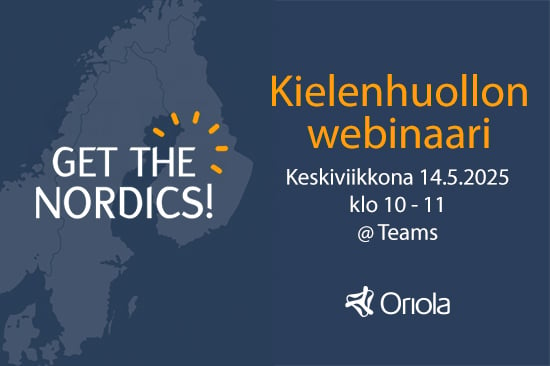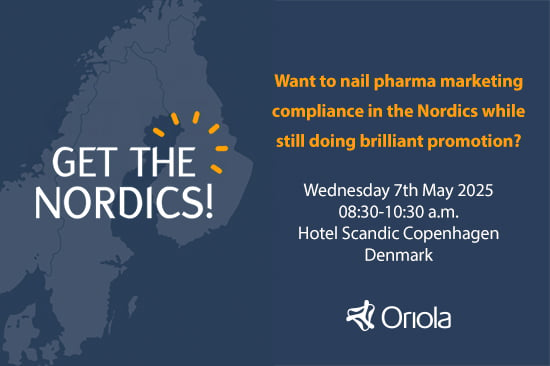Samu Kurki to strengthen Oriola’s data analytics in real world evidence studies
15.4.2020
Samu Kurki joined Oriola’s real world evidence team as Principal Data Scientist in the beginning of April. He will focus on developing data analytics that enable pharmaceutical companies to get information about the effectiveness of medical treatment – which Kurki feels is now more relevant than ever.
With a doctoral thesis from theoretical particle physics, Samu Kurki could have ended up in quite different path. Instead of physics, he has been deep diving into data analytics in medical field for the past 8 years. Before joining Oriola, he worked at Auria Biobank since 2012, when it was established. That is where Kurki learned the possibilities of data in developing medical treatments:
"At first, we thought the samples were the most important, but soon realised the potential of data. Since Auria’s data pool services were established, I have taken part in tens of real world evidence studies as an analyst. It has been a great experience to work together with clinicians, other researchers and pharmaceutical companies in these multidisciplinary studies. In addition to learning what data can reveal, the past years have taught me a lot about the field of medicine.”
In practise, the results of the real world evidence studies can help pharmaceutical companies to get reimbursement for a medicine or learn how to develop medical treatment. For example, the data can show differences in therapeutic protocols in certain geographical areas or time periods.
Towards data-driven healthcare
The research environment is undergoing interesting changes, such as the recent legislation change in Finland that allows usage of data from national registers more efficiently in research and development work. For pharmaceutical companies, real world evidence is perhaps more relevant than ever, Kurki says.
“The usage of pharmaceuticals is increasing, as is the number of products. As new pharmaceuticals, especially targeted medicines, can be expensive, there is a growing need to demonstrate their effectiveness to citizens, authorities, physicians and healthcare. On the other hand, there are certain patient groups for whom an expensive new medicine can be very cost effective. Real world evidence can hence support fact-based decision-making and data driven healthcare,” Kurki notes.
At Oriola, he will focus on developing analytics methods and tools. According to Kurki, modern data analytics will enable individualised healthcare, which is founded on utilisation of real life knowledge.
“Now that we have data sources available, individuality and effectiveness are no longer just buzz words. This motivates me personally as well: I feel my work is meaningful as I get to be involved in finding answers that benefit the patient, healthcare and society.”
Learn more about our real world evidence services here.


